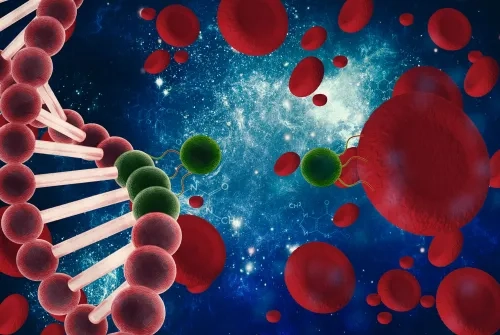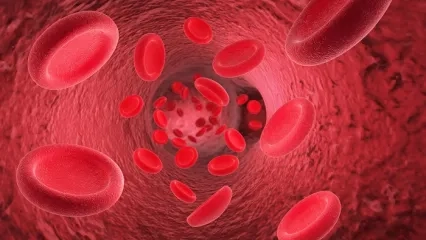Alo Yeditepe
Alo Yeditepe
What Diseases Does Stem Cell Transplantation Cure?
Stating that stem cell transplantation is recommended for diseases such as leukemia, lymphoma, multiple myeloma, and bone marrow failure that do not respond to treatments, Yeditepe University Hospitals Internal Medicine and Hematology Specialist said the following:
Stem cell transplantation, or 'bone marrow transplantation' as it is known among the public, is used in the treatment of blood or other organ cancers and various non-cancerous diseases by obtaining stem cells from bone marrow, circulating blood or umbilical cord thanks to newly developed technologies."
What is a Blood Stem Cell?
Our Hematologist stated the following: ''There are cells in blood stem cells, bone marrow, surrounding blood and umbilical cord blood that have the capacity to self-renew and turn into different cells throughout life. These cells are immature blood cells that can turn into red blood cells (erythrocytes), white blood cells (leukocytes) and platelets, red blood cells (erythrocytes) carry oxygen to the organs. White blood cells are involved in fighting inflammation. Platelets also play a role in controlling bleeding.”
What is Stem Cell Transplantation?
Stating that healthy bone marrow and the presence of blood cells are essential for life, our specialist also added: "Some diseases may affect the bone marrow and prevent it from functioning. Bone marrow or stem cell transplantation is the process of transferring healthy stem cells from one person to another (allogeneic) or one's own (autologous) cells to himself/herself after pre-collection."
Here are the Diseases that Can be Transplanted
Disease groups in which stem cell transplantation is predominantly performed constitute common types of blood cancers such as leukemias, lymphomas, and multiple myeloma. In addition, diseases that cause bone marrow failure, some organ cancers, and hereditary diseases such as thalassemia (Mediterranean anemia), which are very common in our country, and some immune system diseases are also important areas of use.
This content was prepared by Yeditepe University Hospitals Medical Editorial Board.
Alo Yeditepe





